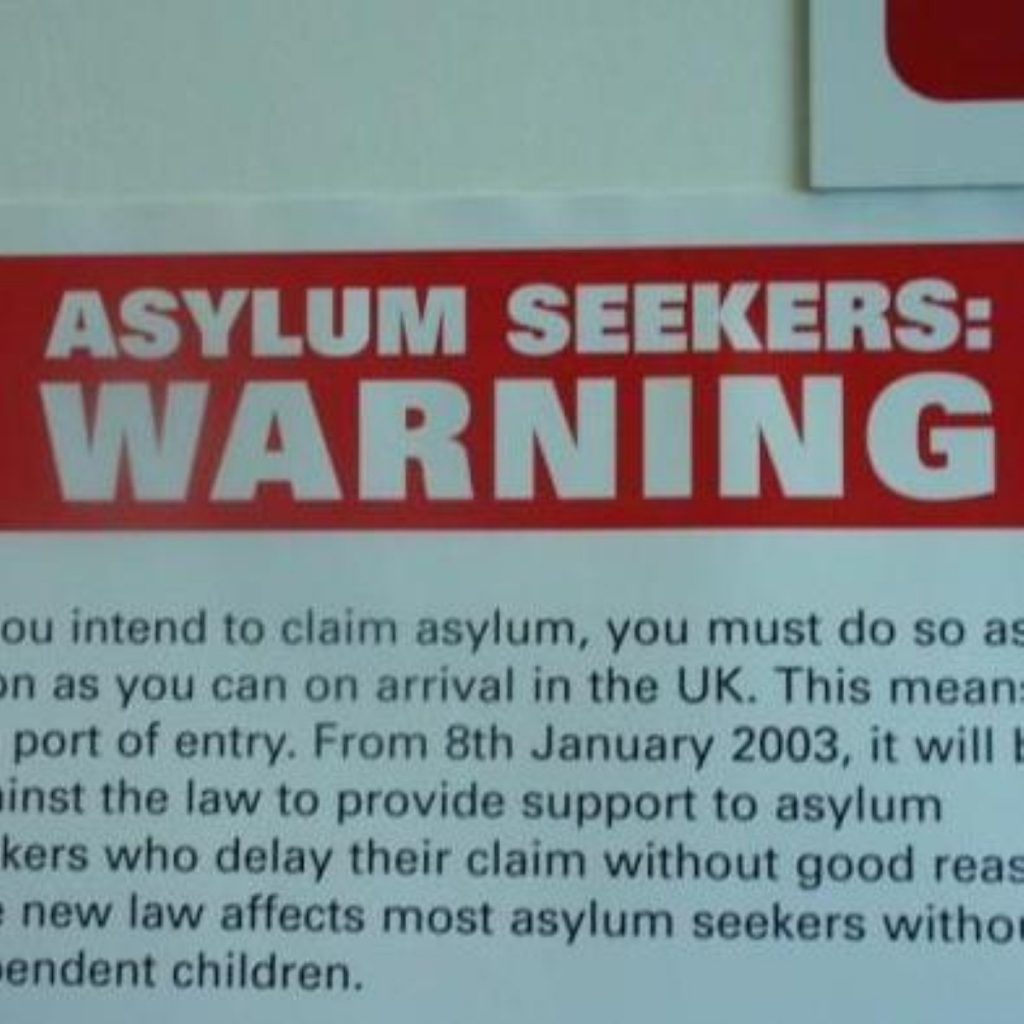Roma fears prompt migrant rethink
The Government is set to tighten the rules governing welfare payments to foreign workers in a bid to delimit the influx of immigrants from central and eastern Europe.
Critics of the UK’s immigration policy insist large numbers of Roma and other economically disadvantaged people from eastern Europe could travel to the UK immediately after the EU is enlarged.
Other EU countries – such as France, Germany and Italy – have already imposed restrictions on migration from the ten new member states – mostly from the old Soviet communist bloc – due to join on May 1st.
Cyprus, Czech Republic, Estonia, Hungary, Latvia, Lithuania, Malta, Poland, Slovakia and Slovenia will this year assume full membership of the EU.


To date, the UK, Ireland and Spain are the only EU members who will operate flexible labour market policies on migrant workers after May 1st.
The Home Office is likely to set tougher tests on housing benefits and other payments for those seeking to live in the UK.
Benefits may be distributed to new foreign claimants once they have lived and, importantly, worked in Britain for a certain number of years.
The Home Office projects that eradicating some of the “abuses” in the welfare system – so-called “benefit tourism” – will mean only 13,000 new immigrants arrive each year.
Sir Andrew Green, chairman of MigrationWatch, yesterday said the Government was prepared for EU enlargement and the corresponding free movement of citizens from the ten new member states.
But he warned: “If Roma do come to Britain in significant numbers there will be a very strong reaction against the European Union and indeed against immigrants.
‘The population of the UK will grow by seven million in the next three decades – that is seven times the city of Birmingham – and of that nearly two thirds or four and a half million will result from immigration.’
Meanwhile, Pal Csaky, Slovakia’s deputy prime minister, told the BBC that significant numbers of Roma would not stampede the UK in search of work once his country joined the EU.
Mr Csaky said he was working with Roma groups to persuade them not to travel to Britain.
“We are in dialogue with the Roma leaders and with the Roma organisations. We have a very effective strategy for the solution of the problem.”
The UN estimates that 80 per cent of Slovakia’s Roma are unemployed, with 20 per cent of them starving.

